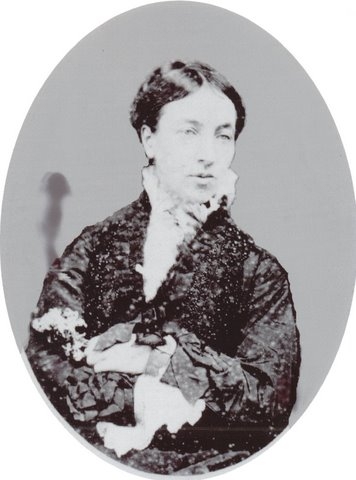Erasmus Alvey Darwin has rheumatism; his sisters complain of his bad temper but CD thinks him very good tempered. CD has received a new cabinet. [This is the first of six entries written in a "Memorandum book" comprising four sheets folded into a gather and sewn together in book form. The entries are in the style of letters addressed to an unnamed friend and are dated between 1 and 12 January 1822, shortly before CD's thirteenth birthday. As they were written straight into the memorandum book, it is clear that they were never sent through the post, but were either to an imaginary recipient, or intended to be read by someone in the household, possibly CD's youngest sister, Emily Catherine Darwin (Catherine).]
In London HM was too harassed by his wife to write; has gone home and is much bothered by his father. Looks for a place as a private tutor. Remains CD's devoted friend.
Sends thanks for money.
Comments on treatment prescribed by his father.
Encloses notes by John Higgins with investment advice. Discusses advisability of investing in farmland in Lincolnshire. Cites advice of Sir John Lubbock concerning purchase of land.
Suggests that J. E. Gray and/or G. R. Waterhouse might be willing to set her butterfly collection. Recommends that her children should collect their own butterflies.
Is trying to procure some cocks for CD.
Believes Scotch deerhounds are mongrels.
Qualifications of John Lindley, Huxley, Albany Hancock, Joseph Prestwich, J. C. Ross, and Francis Beaufort for Royal Medal.
Baby [Charles Waring Darwin] died of scarlet fever on 28 June. "Fear has almost driven away grief."
Writes of a visit to Leith Hill and WED's injured ankle.
Entire family down with influenza. Has done nothing for three weeks.
Asks for Haast reference on New Zealand glacial deposits.
CD's view of the North since Trent case. Can no longer write with sympathy to Asa Gray.
Encourages JDH about his son, Willy.
Problem of relation of colour to external conditions. Hopes JDH will undertake the investigation.
The Witness attacks THH's lecture.
Assures CD he spoke more favourably of his doctrines than the reports show.
Agrees with CD's arguments on sterility of hybrids and predicts physiological experiments will produce physiological species sterile inter se. Has come even closer to CD's view especially since Primula paper. Will soon be more Darwinian than CD.
Darwin Correspondence Project
darwin@lib.cam.ac.uk
© University of Cambridge 2022
Website by Surface Impression



© 2024 University of Cambridge
